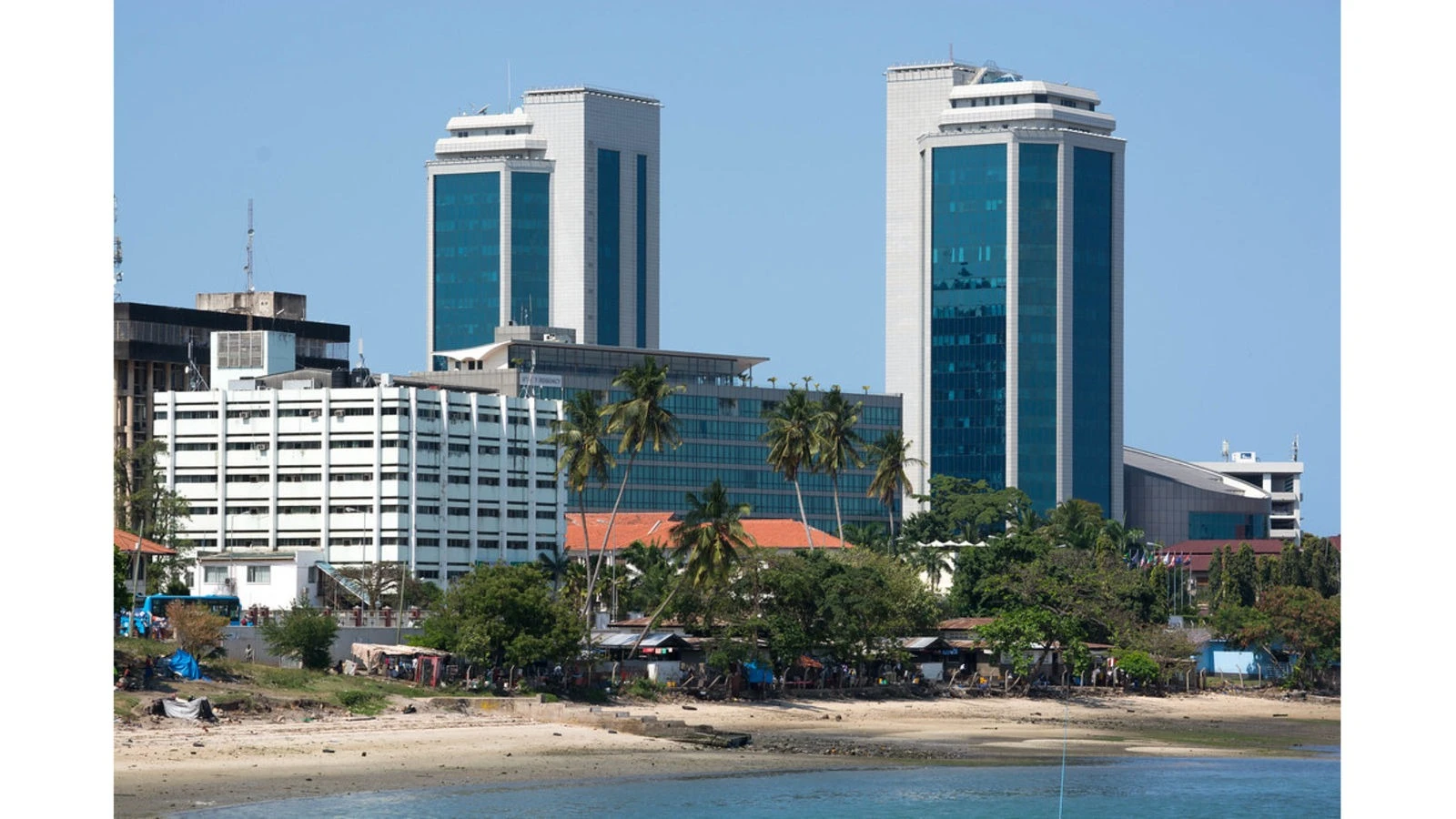Economic course steady, says BoT

The country's economy is on a stable growth trajectory, with inflation remaining well under control.
The Bank of Tanzania (BoT), in its monetary policy report for April, affirms the central bank’s commitment to maintaining this balance amidst global economic uncertainties.
The country’s gross domestic product (GDP) grew by around 5.5 percent for the past year, surpassing earlier projections of 5.4 percent and 5.1 percent growth recorded for 2023.
Key sectors driving this growth include agriculture, financial and insurance services, along with a recovering tourism sector, with the report underlining that this strong performance is likely to be maintained.
The report projects 5.5 percent growth in the first quarter of 2025mk with the Zanzibar economy noticeably growing by 7.2 percent in the fourth quarter of 2024.
With domestic economic conditions improving, supported by public and private investments, the report acknowledges the specific contribution of tourism to growth.
The containment of inflation as headline inflation was also remarkable as it averaged 3.1 percent across 2024, well below the country's ceiling target of 5 percent, and is consistent with SADC and EAC convergence criteria, it stated.
It affirmed that inflationary pressures remained subdued, citing monetary policy action along with adequate grain supplies, prudent fiscal policy and moderation of global energy prices.
During the first quarter of 2025, inflation averaged 3.2 percent while in Zanzibar headline inflation eased to 5.1 percent over2024 and further decreased to 4.8 percent as of February 2025, it said.
Money supply in its wider expression grew by upwards of 12 percent in 2024, and is estimated to grow at 14.6 percent in the first quarter of 2025, compared with 13.1 percent in the preceding quarter, it further noted.
This growth, largely driven by private sector credit, is estimated to have attained 12.7 percent, with personal loans accounting for the largest proportion of credit extended to the private sector, it asserted.
The foreign exchange market experienced a seasonal decline in liquidity, resulting in lower activity in the interbank foreign exchange market (IFEM), it said, pointing at BoT efforts to support availability of foreign exchange, intervening by selling $525m in the market.
Looking ahead, the report underlines a stable growth trend, supported by both public and private investments. Despite potential risks from global trade tensions the country's economic outlook remains positive, it asserts.
"The domestic economy is projected to remain strong," the policy committee affirms, citing positive results from market perception surveys and CEOs economic perception surveys conducted in February.
Government fiscal performance was stable as tax revenue was on target, with public debt remaining sustainable whilst showing a moderate risk of debt distress, it specified.
Foreign exchange flows were on a steadier course with the current account deficit narrowing. Foreign reserves stood at an equivalent of 4.5 months of projected imports of goods and services, it said.
It declared that its current monetary policy stance, maintaining the central bank rate at 6.0 percent for the second quarter, is appropriate to “minimize negative spill-over effects of trade tariffs and geopolitical conflicts on the economy.”
Maintaining the base interest level is also tied to lower inflation volatility and ensuring exchange rate stability, it said. Stronger investor confidence, minimizing capital flight risk and fostering trade competitiveness were other ardent objectives, it added.
Top Headlines
© 2025 IPPMEDIA.COM. ALL RIGHTS RESERVED






















